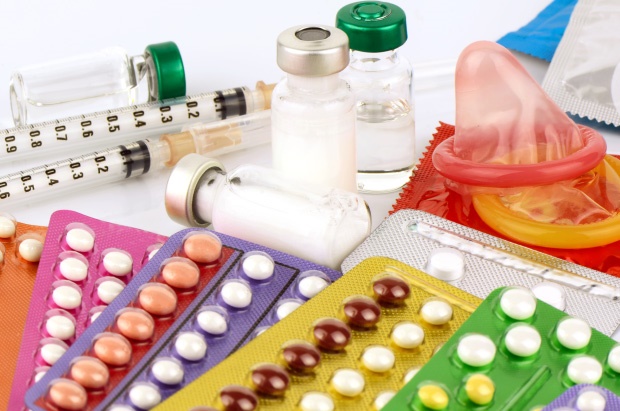
It is said that condom-like inventions date back to 3000 BC, but the first contraceptive pill was officially licensed in the US in the 1960s. For the first time, women finally had real power where reproduction was concerned.
The world marked World Contraception Day on Tuesday and with teenage pregnancy not showing any signs of subsiding and unplanned pregnancy being just as prevalent among women of childbearing age, raising awareness around family planning, reproductive health and the various contraceptive methods available is critical. Private healthcare is a luxury for a huge percentage of the population, yet it is concerning how unplanned pregnancies continue to be on the rise in a country like South Africa, where birth control is freely accessible at state health facilities.
READ: Health minister is confident the NHI will equalise South African healthcare
Dr Lebogang Masekela listed the oral contraceptive pill, implants, injectables, patches, vaginal rings, intrauterine devices and condoms as some of the various birth-control methods that were available to women. She said the last she heard of the male contraceptive pill was when trials were meant to commence last year; however, there had been little report on whether the trials were successful and if they ever began at all. She added:
There is also the growing phenomenon of some women using abortion as a contraceptive upon discovering that they are pregnant. Often, these women will have multiple abortions throughout their lives. Although they are within their rights to terminate unwanted pregnancies, it needs to be put out there that the complications of abortions include excessive bleeding, infections of the womb, future fertility issues and sometimes even death for the patient.
Happy #WorldContraceptionDay This year's theme is #ThePowerOfOptions & we're celebrating the many different contraceptive methods available. With so many options to choose from, there's a method that's right for everyone.#WorldContraceptionDay #ThePowerOfOptions#SRHR#ProChoice pic.twitter.com/qrSUlCxVqs
— All Women Advocacy (@AWAdvocacy) September 26, 2023
Our country’s National Contraception Clinical Guidelines stipulate that from as early as 12, young girls have the basic human right to contraceptives and reproductive health. However, there is a lot of distress among teenagers who feel that some nurses are hostile towards adolescent-age groups when they visit clinics for these types of services. Dr Lebo emphasises the importance of education in any situation, particularly family planning methods in rural and township communities to minimise fear and scepticism.
READ: Teenage pregnancies: Tighten up statutory rape laws - NGOs tell NPA
It is an indisputable fact that teenagers are sexually active. As parents, it becomes our responsibility to promote healthy and open communication about sex, teenage pregnancy, sexually transmitted infections and general reproductive health. It is not only clinical staff, such as nurses, who need education on the soft skills required when treating sensitive issues of this nature. But society at large needs to be more sensitised. Teachers bear the heaviest cross in this matter as some parents shy away from sexual topics under the premise that it is taught during the life skills subject at school.
According to Samantha Williams, an independent clinical psychologist with practices at Akeso Clinic in Parktown and Northcliff in Johannesburg, men and women equally need to be aware of the benefits and disadvantages of using contraception through counselling or educational processes. She adds:
Williams alludes to Dr Lebo’s advice about varying side effects, stating that for some individuals, certain contraceptives may exacerbate anxiety and depression.
“There is a neurobiological effect on the brain, body and behaviour. Emotionally, one could find themselves irritable, labile or depressed. It affects the neurotransmitters, neuropeptides and circadian rhythms. More research is still needed to further understand the neurobiological effects,” she added.
This is some really crucial information that is not necessarily always spoken about. For most of us, weight gain, headaches and a decreased libido are the only side effects that exist, as these are the only ones we have ever heard mentioned. Williams and Dr Masekela are both spot on regarding the importance of education.




 Publications
Publications
 Partners
Partners









